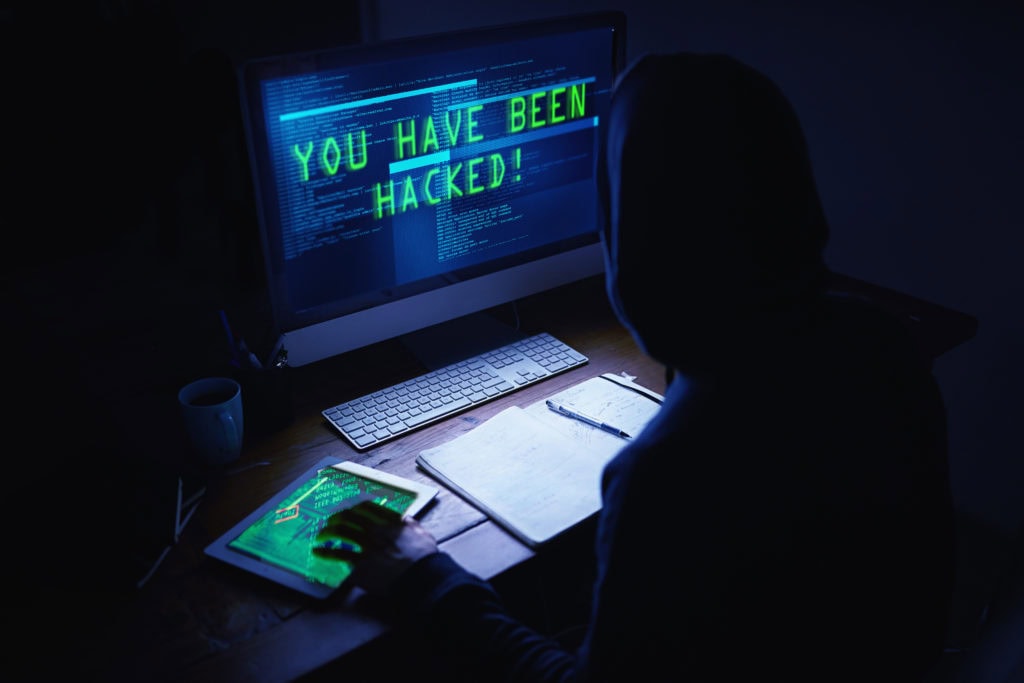Is it a Crime to Make a Computer Virus or Hack?

The Canadian Criminal Code is utilized and revised in response to technological advances. The aim of these adjustments is twofold — to regulate certain online activities and to criminalize them. Cybercrime charges can be brought against individuals based on sections 430(1) and 430(5.1) under the banner of mischief.
Definition of Mischief According to Criminal Code
Mischief as described in section 430 (1) encompasses willful destruction or damage to property, rendering property dangerous, useless, inoperative, or ineffective, or obstruction, interruption, or interference with the lawful use, enjoyment, or operation of property. It also includes any obstruction, interruption, or interference with any person in the lawful use, enjoyment, or operation of property.
Mischief in Relation to Computer Data
Mischief concerning computer data as set out in section (1.1) is an act committed by anyone who willfully destroys or alters computer data. This can also include rendering computer data meaningless, useless, or ineffective, obstructing, interrupting, or interfering with the lawful use of computer data. It further encompasses obstructing, interrupting, or interfering with a person in the lawful use of computer data or denying access to computer data to a person who is entitled to access it.
Punishment
Punishments as outlined in section (2) assert that anyone who commits mischief that causes actual danger to life is guilty of an indictable offence and liable to imprisonment for life.
Section (3) also details that anyone who commits mischief in relation to property that is a testamentary instrument or the value of which exceeds five thousand dollars is guilty of an indictable offence and liable to imprisonment for a term not exceeding ten years or is guilty of an offence punishable on summary conviction.
Offences Related to Mischief and Computer Sabotage
An offence, as defined in section (5.1), includes anyone who wilfully does an act or wilfully omits to do an act that they must do if that act or omission is likely to constitute mischief causing actual danger to life, or to constitute mischief in relation to property or data. Such individuals may be guilty of an indictable offence and liable to imprisonment for a term not exceeding five years, or they could be guilty of an offence punishable on summary conviction.
Legal Implications of Computer Viruses and Hacking
There are no laws that prohibit the creation or dissemination of computer viruses. However, if a virus or hacking results in computer sabotage, which could involve the destruction of hardware or the erasure or alteration of data, one could be subject to criminal charges of mischief under sections 430(1.1) and 430(5.1) of the Criminal Code. There is ongoing debate about whether unauthorized entry into or use of a computer should be classified as criminal activity, particularly if the hacker’s intent is merely to acquire information and not for any other nefarious purpose. Currently, there is no specific criminal offence in the criminal code that would make it illegal to hack into a system specifically for the purpose of browsing. However, such action could potentially lead to criminal offence charges depending on the circumstances.
Potential Charges for Fraudulent Computer Activities
Different charges can apply to a variety of possible cyber interactions. If someone falsely represents themselves as having the authority to access an account, they could be charged under Fraud Section 380. Falsely assuming the identity of a lawful user, known as personation, can result in charges under section 403.
Furthermore, someone can be charged under Dishonest Acquisition of Computer Services section 342.1(1) if they acquire computer services fraudulently and without colour of right, either directly or indirectly. If you have been charged with a criminal offence, it is recommended to contact Pyzer Criminal Lawyers for advice.
Consult a Criminal Defence Lawyer for Cybercrime Charges
Creating a computer virus or hacking can lead to criminal charges under the Criminal Code of Canada. While no specific law prohibits the creation of viruses, distributing a virus or hacking into systems can be charged as mischief (Section 430) if it involves altering, deleting, or obstructing computer data.
If you face cybercrime allegations, the experienced Toronto defence lawyers at Pyzer Criminal Lawyers can assess your case and build a strong defence. Contact us today to discuss your legal options.
This article provides general legal information only and should not be construed as legal advice. Laws and their interpretation may change, and the application of law to specific circumstances requires professional legal assessment. If you have questions about a legal matter, please contact us for a free consultation.

Jonathan Pyzer, B.A., L.L.B., is an experienced criminal defence lawyer and distinguished alumnus of McGill University and the University of Western Ontario. As the founder of Pyzer Criminal Lawyers, he brings over two decades of experience to his practice, having successfully represented hundreds of clients facing criminal charges throughout Toronto.





